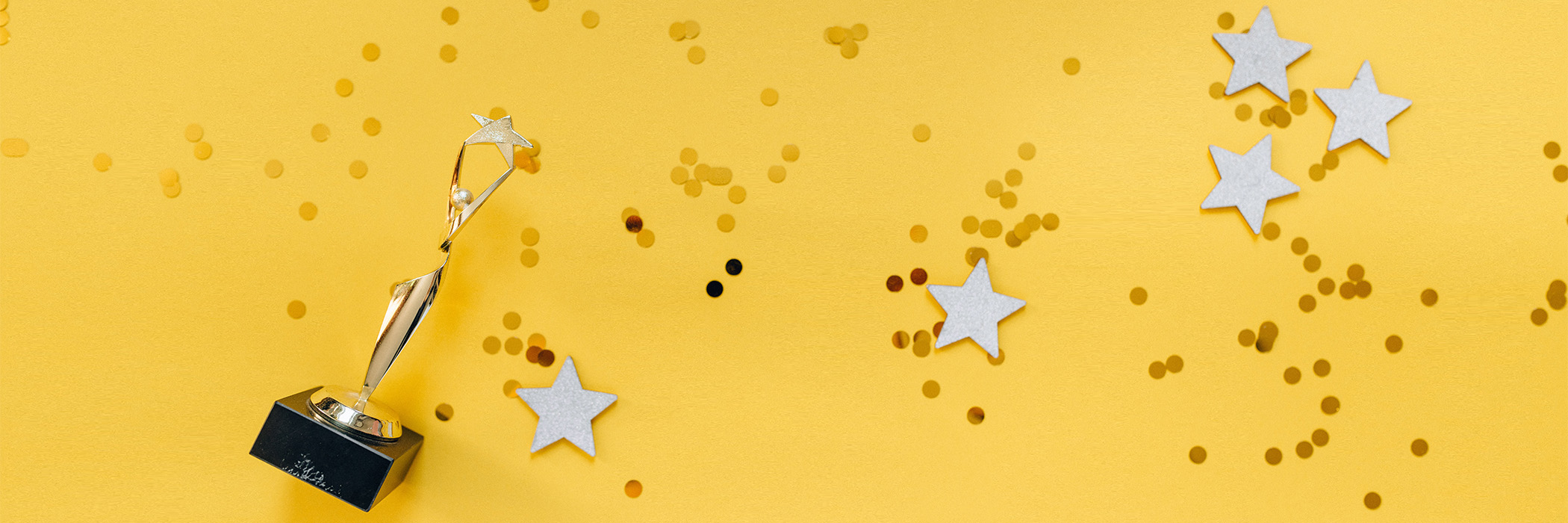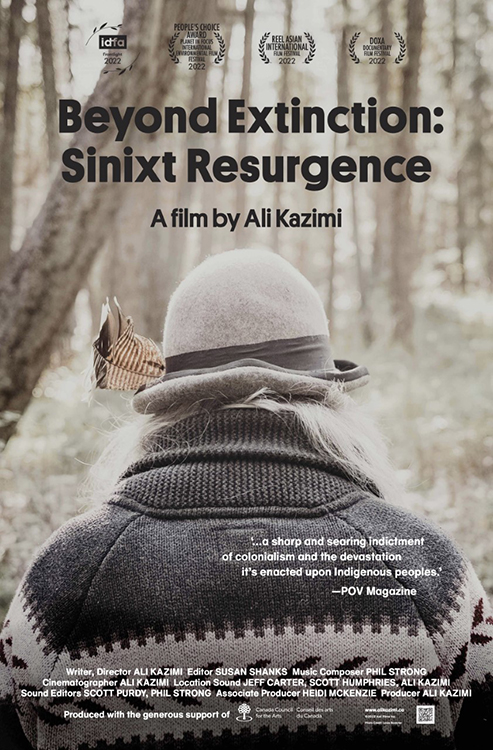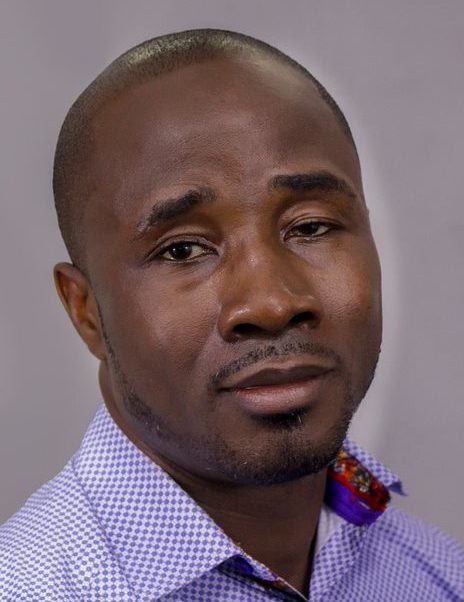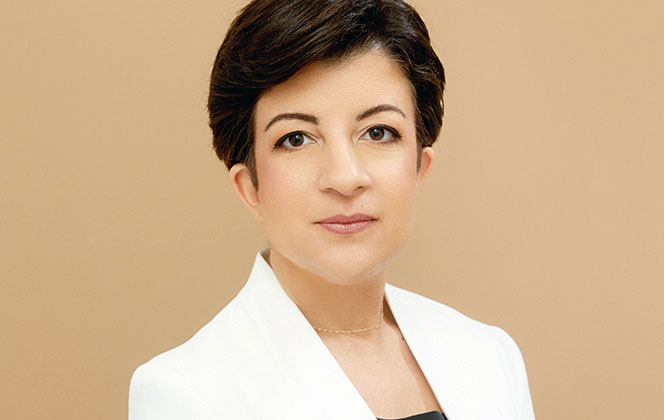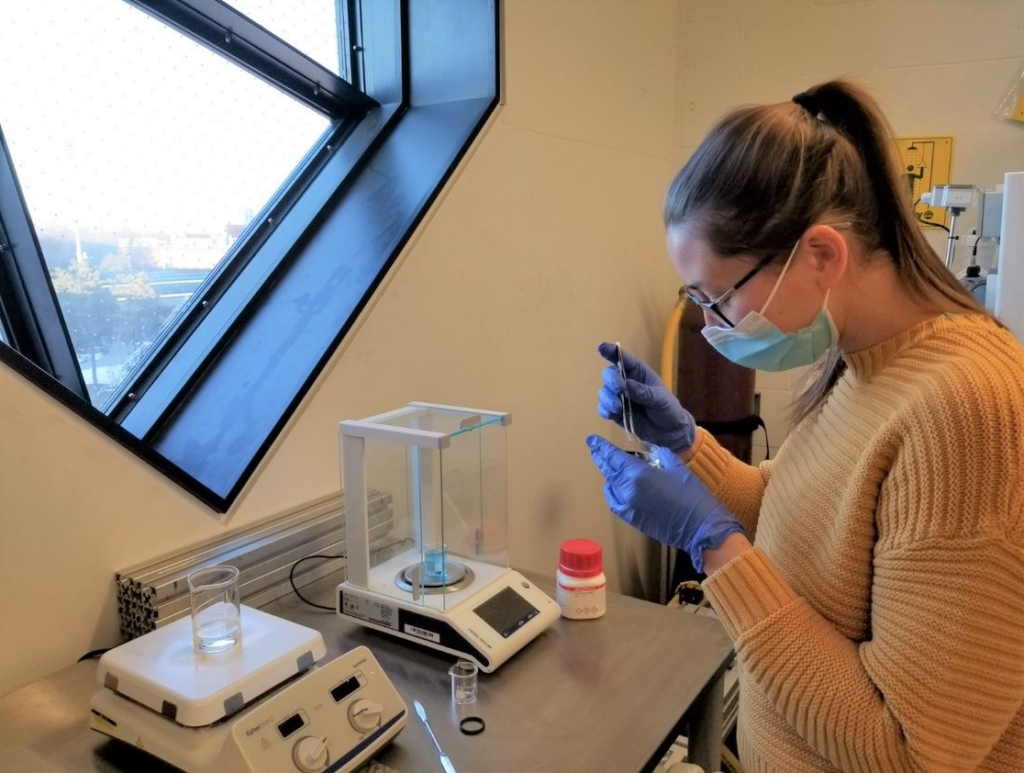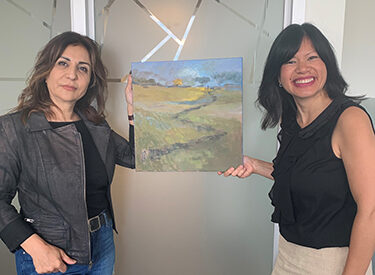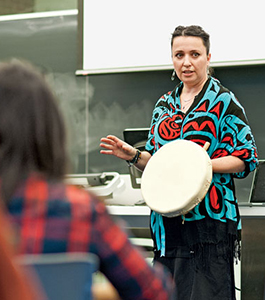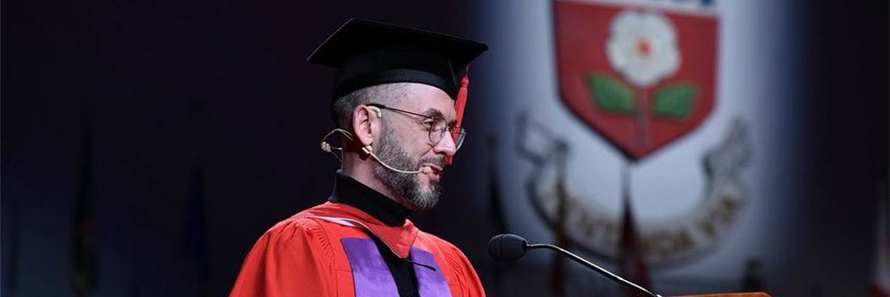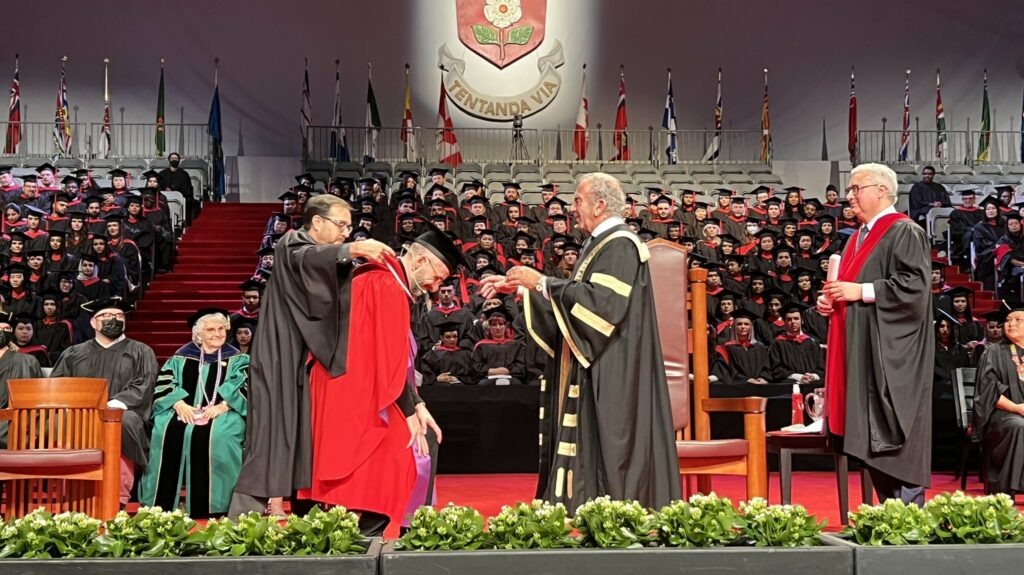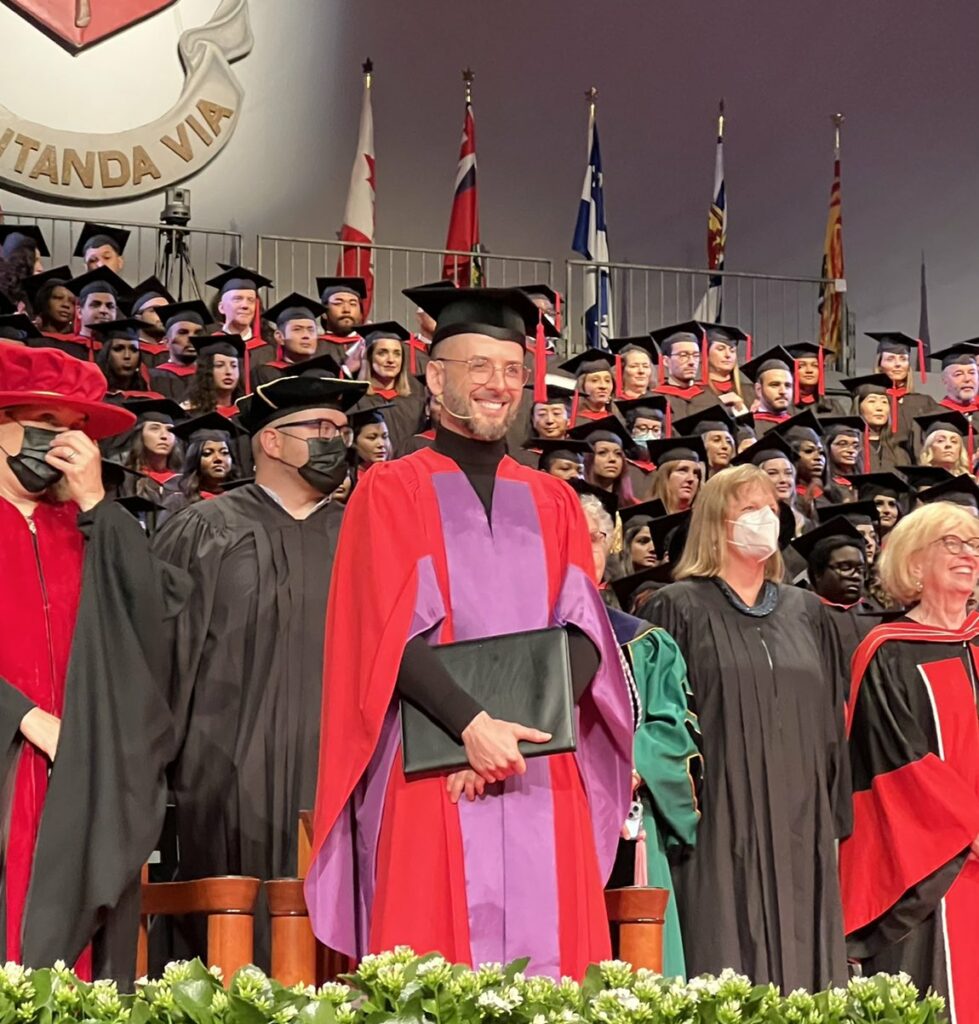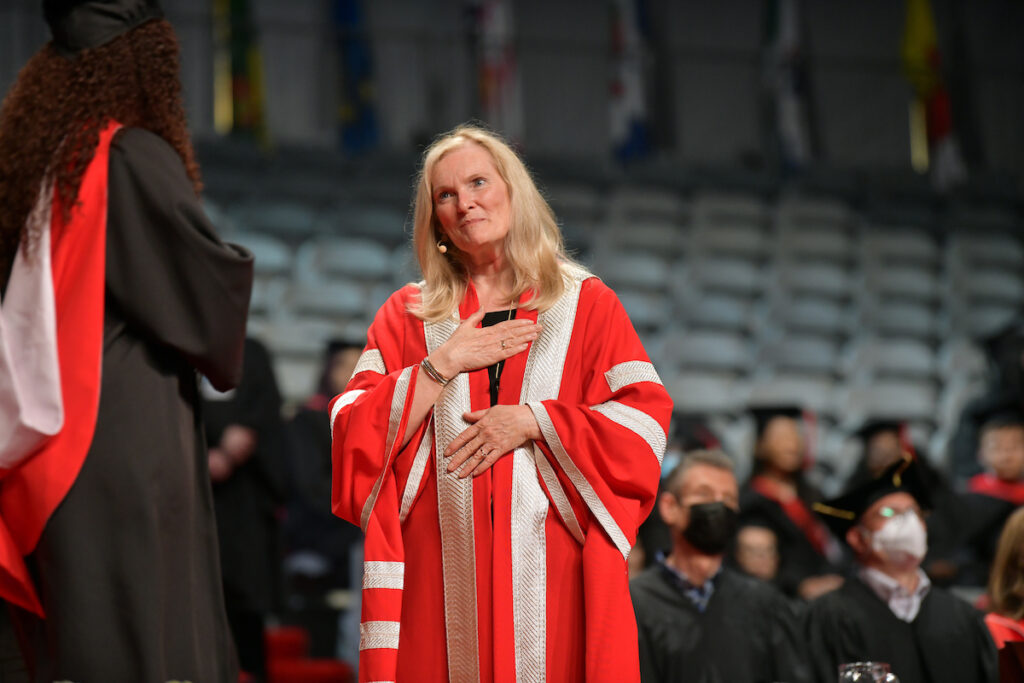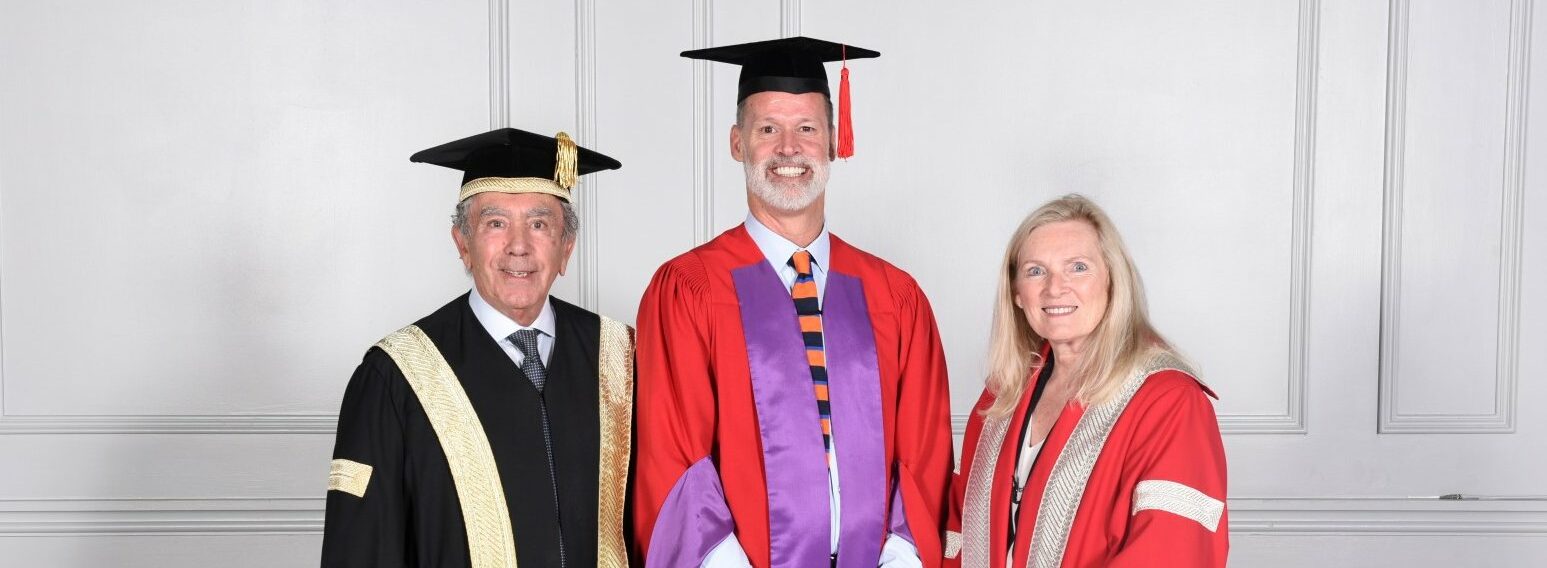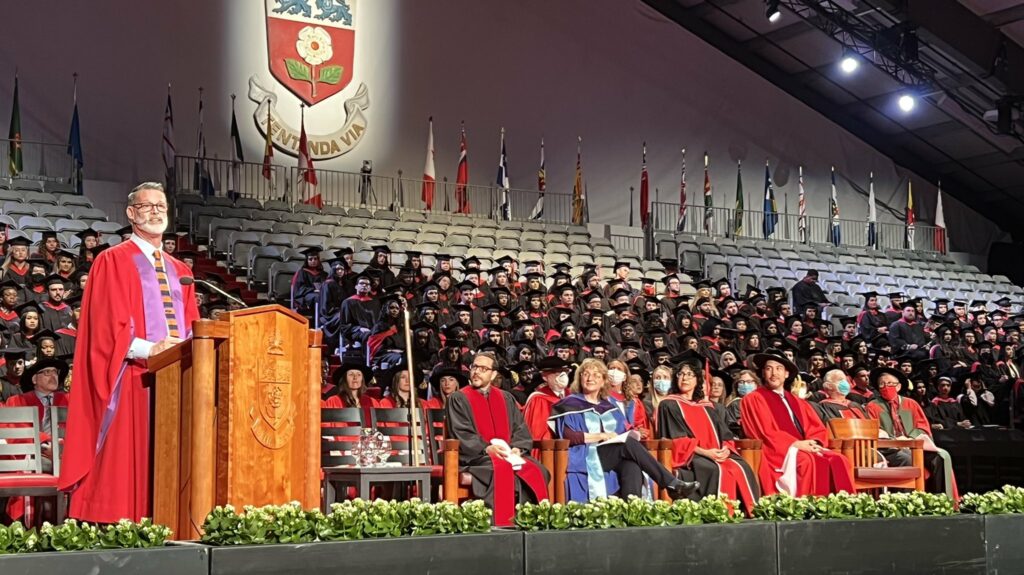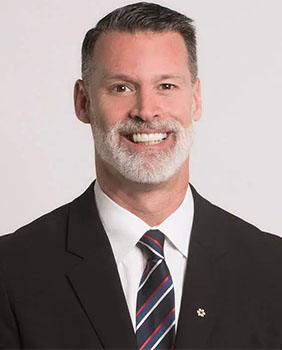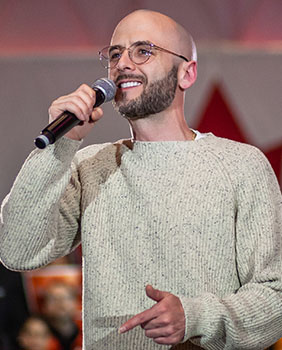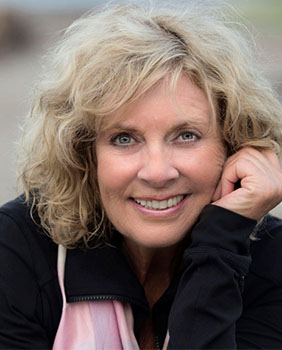By Elaine Smith
After graduating from York this spring, Tegan Hadisi, the daughter of Iranian refugees, will apply what she learned at the University to further study and assist migrants, contributing to a better future for them.
Hadisi’s academic pursuit of refugee studies is inspired, in part, by personal experience. She was born stateless in Turkey, after her parents left Iran, and came to Canada as a toddler. Growing up, she observed the challenges her parents faced learning a new language, finding employment and gaining financial security before finding their feet.

“I can only imagine what it is like to be successful in your own country, then be unable to translate your skills when you come somewhere new due to language and finances,” said Hadisi, who heads to the University of Oxford this fall.
Hadisi also struggled. Like many children of the diaspora, she felt stuck between two worlds, never feeling 100 per cent part of the community where she lived, and longing for her parents’ home country even though she never really knew it.
While earning her undergraduate degree at Western University in art history and museum studies, Hadisi’s understanding of the refugee experience led her to serve as president of Western’s chapter of World University Services Canada, an organization that provides refugee students scholarships to attend university in Canada. During the Syrian refugee crisis, “We had an influx of refugees to campus in one year. It was a really unique opportunity to connect to other lived histories,” she said.
“I realized the importance of higher education and access for historically oppressed and minoritized people. I thought about what I could do with this experience.”
Hadisi chose to enroll in York’s Centre for Refugee Studies, which, since its inception in 1988, has been recognized as an international leader in the creation, mobilization, and dissemination of new knowledge that addresses forced migration issues in local, national and global contexts. There she worked towards her second bachelor’s degree, with an honours specialization in human rights and equity studies and a certificate in migration and refugee studies.
During that time, Hadisi volunteered at Matthew House, an organization that offers a range of support services to help refugee claimants establish new lives in Canada. She supervised mock refugee hearings, preparing claimants for the experience. Her ultimate goal was to attend graduate school somewhere with a centre for refugee and migration studies that published solid research. Yvonne Su, an assistant professor in the Department of Equity Studies, encouraged her to apply to the University of Oxford to earn her MPhil in development studies, confident Hadisi would excel there.
“Tegan shows tremendous potential as a scholar,” said Su. “She has exemplary interdisciplinary research skills, strong critical thinking skills and strong academic writing capabilities. In addition, she is passionate about studying topics of displacement and refuge. She has what it takes to succeed at Oxford and I look forward to seeing where her studies will take her.”
Hadisi applied. “Sometimes, you need someone else to tell you just how capable you are,” she said.
While taking a morning walk in early March, she decided to take a quick look at her phone while standing at a street corner and noticed one from Oxford. She assumed it was simply spam until she opened it to find an acceptance letter.
“I was stunned,” Hadisi said. “It must have showed on my face, because a passerby came up to ask me if I was all right.”
Her two-year program at Oxford will begin with courses, followed by research and a thesis. Hadisi is not quite sure where she’s headed, but she is confident that she’ll discover many options. She loves research, but “My goal is to stay connected with the actual experiences of migrants and refugees, not to just sit behind a desk.”
One thing of which Hadisi is certain is that she’s committed to aiding refugees and migrants. Her passion reflects York’s vision of building a better future and creating positive change, as set forth in the University Academic Plan, along with its commitment to advancing global engagement.
“Refugees are so deeply connected to my own identity, and the work feels so important,” Hadisi said. “If I don’t do this, who will? Who is prioritizing these people? All the dehumanizing rhetoric is so inhumane and I can’t stand by and watch it happen.”
“Working with migrants and refugees is a mutual relationship and I feel so fortunate to be part of the process. What we get in return is just as important as what we give, and we have so much to learn from people who continue to be oppressed.”
As for her time at York, Hadisi is grateful. “York offered a fantastic opportunity to pursue the things I cared about and I knew I needed to take the leap,” she said. “I blinked and two years went by because I had such an incredible time at York. I made good friends and had incredibly inspiring professors; York will always have a special place in my heart.”



